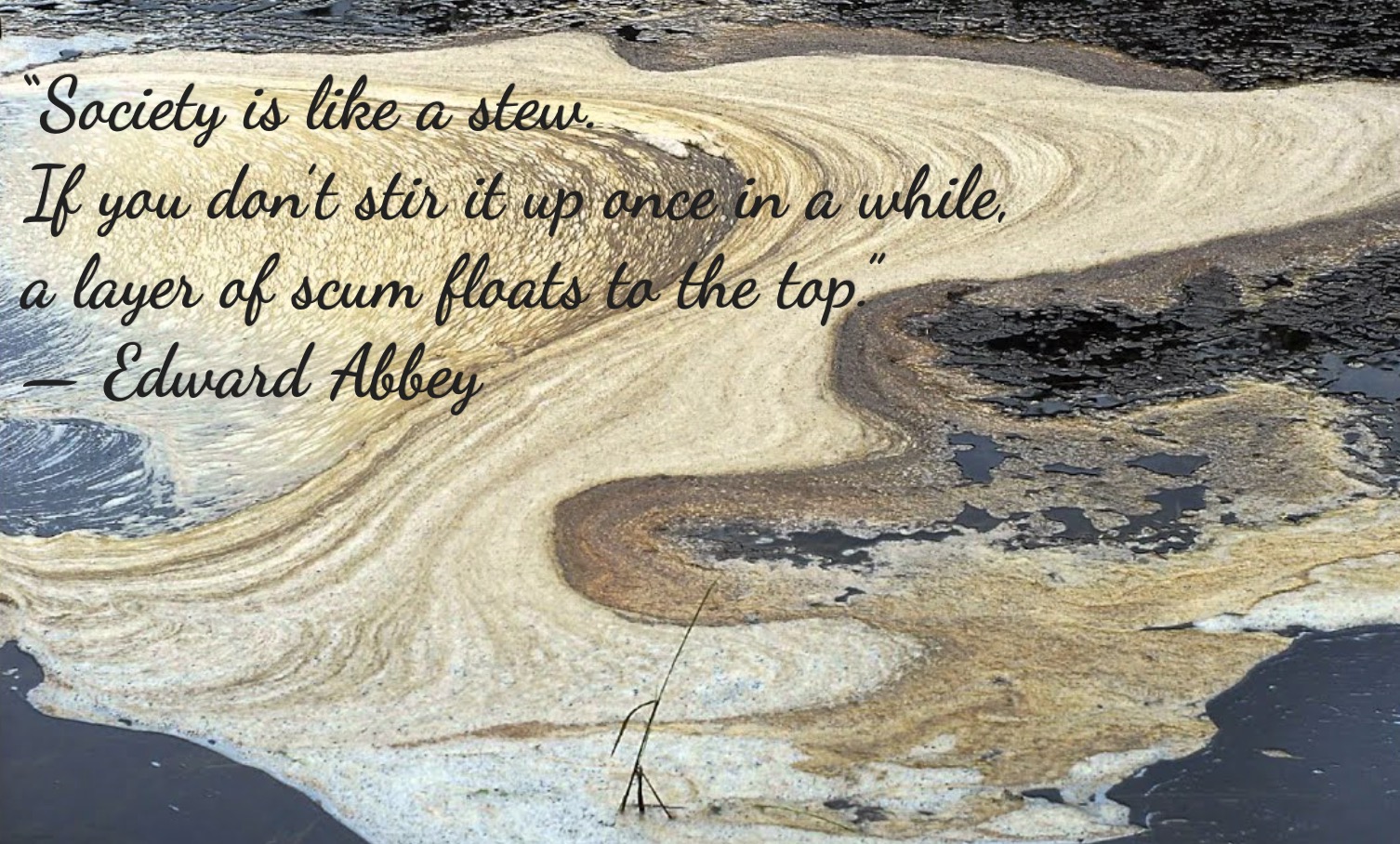commodification
noun, often disapproving
the fact that something is treated or considered as a commodity (= a product that can be bought and sold)
This article about defunding the police in the US got me thinking about the relationship between money and power.
The point of the article is summed up in this paragraph:
“…the United States has an extreme budget commitment to prisons, guns, warplanes, armored vehicles, detention facilities, courts, jails, drones, and patrols — to law and order, meted out discriminately. It has an equally extreme budget commitment to food support, aid for teenage parents, help for the homeless, child care for working families, safe housing, and so on. It feeds the former and starves the latter.”
It advocates for moving investment upstream, so rather than throwing money at dealing with the consequences of inequity, simply reduce the inequity:
“It would mean ending mass incarceration, cash bail, fines-and-fees policing, the war on drugs, and police militarization, as well as getting cops out of schools. It would also mean funding housing-first programs, creating subsidized jobs for the formerly incarcerated, and expanding initiatives to have mental-health professionals and social workers respond to emergency calls.”
In other words, to de-power the police, and empower deprived communities, reallocate the money from the former to the latter.
Almost always, money and power go together. “Rich and powerful” is almost a tautology. In the US, the relationship is particularly blatant. There is a strong correlation (although not necessarily causation) between campaign funding and the chances of victory.
Built into the system of money and power is a feedback loop that over time generates a bigger and bigger divide between those who benefit from the system, and those who don’t. An (apparently controversial, although also self-evident) new book by Daniel Markovits, The Meritocracy Trap, states:
“Whatever its original purposes and early triumphs, meritocracy now concentrates advantage and sustains toxic inequalities. And the taproot of all these troubles is not too little but rather too much meritocracy. Merit itself has become a counterfeit virtue, a false idol. And meritocracy – formerly benevolent and just – has become what it was intended to combat. A mechanism for the concentration and dynastic transmission of wealth and privilege across generations. A caste order that breeds rancor and division. A new aristocracy, even.”
The core of the problem is that those who have benefited from meritocracy naturally want their children, too, to benefit from meritocracy. So they:
“invest thousands of hours and millions of dollars to get elite educations for their children. And meritocratic jobs require elite adults to work with grinding intensity, ruthlessly exploiting their educations in order to extract a return from these investments.”
Meritocracy becomes less a ladder, more a treadmill for the elite, while systematically excluding the non-elite whose parents had less time and less money to invest in their education. At all levels, people get trapped where they are, and nobody is particularly happy about it.
In The Spirit Level, by Kate Pickett and Richard Wilkinson, the authors provide evidence that almost everything – from life expectancy to mental illness, violence to illiteracy – is affected not by how wealthy a society is, but how equal it is, and that societies with a bigger gap between rich and poor are bad for everyone in them – including the well-off.
And yet, change is hard due to the status quo bias that is built in. Those in power won’t change the system because it is the very system that has put them into power.
In last week’s blog post, I referred to the theory of point attractors in a complex adaptive system such as human society: change to a complex system requires two complementary actions:
- Random shocks must be introduced into the existing regime
- A seed for the new order must be created outside the existing regime
Buckminster Fuller put it another way:
“You never change things by fighting the existing reality. To change something, build a new model that makes the existing model obsolete.”
So what could that look like? Given its self-perpetuating nature, how do we disrupt the status quo?
I’m sure there are many possible solutions. Personally, I’m pursuing my interest in complementary currencies. If you create a parallel economic system – possibly one that rewards the prosocial behaviours, like collaboration, caring, sharing, and contribution, but it doesn’t have to be, so long as it’s a separate system from the mainstream – you don’t have to try and take away the toys from the rich folks, because they’ll never give them up. You just create another system that enables its participants to get what they want, without reference to the existing system. Over time, more and more people will be attracted to the new system, for the obvious reason that it is to their benefit.
Money is, essentially, a game. To misappropriate Einstein’s quote about reality, money “is merely an illusion, albeit a very persistent one”. It works because we have all bought into the story of money, and agreed that its supply is controlled by the government, via the banks. And right now, the national currency is generally the only game in town.
But what if we set up another game? What if we formed an agreement that we could use acorns, or seashells, or points in an app, to enable trade with other people who had signed up to the same agreement?
If enough individuals and businesses signed on for the new, fairer economy, and departed the old, rigged system, the lockstep link between (conventional) money and power would be weakened, and we might have a chance at an equitable balance.
Radical? Probably.
Realistic? Only one way to find out.
Other Stuff:
An informative, insightful, and ultimately optimistic article that I recommend: Why Ta-Nehisi Coates is hopeful, in conversation with Ezra Klein for Vox.

